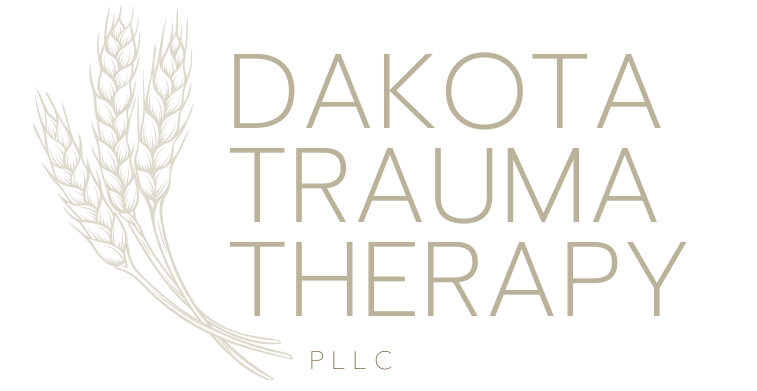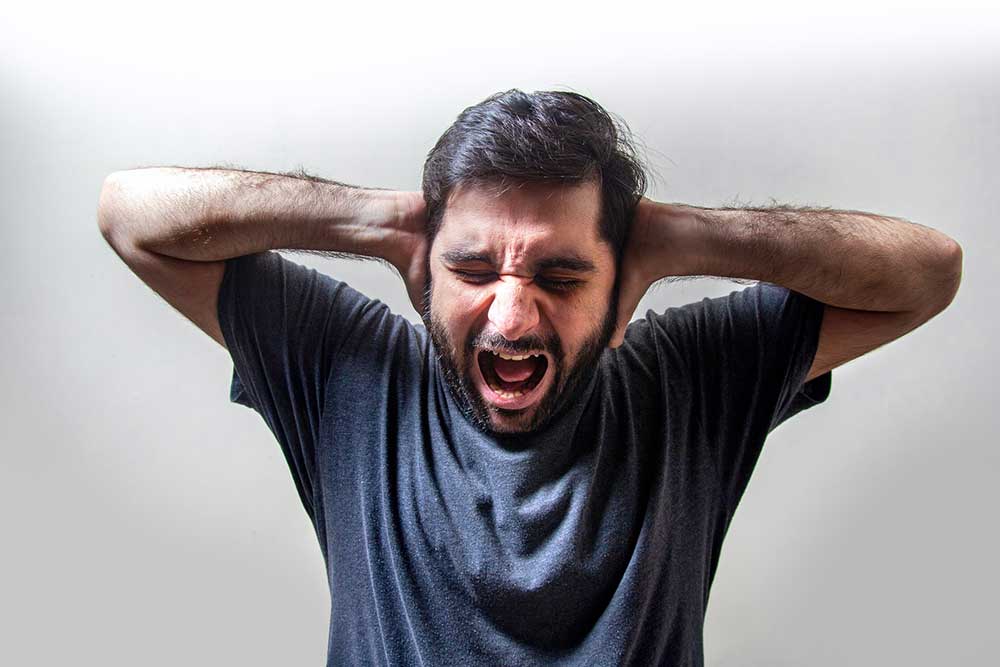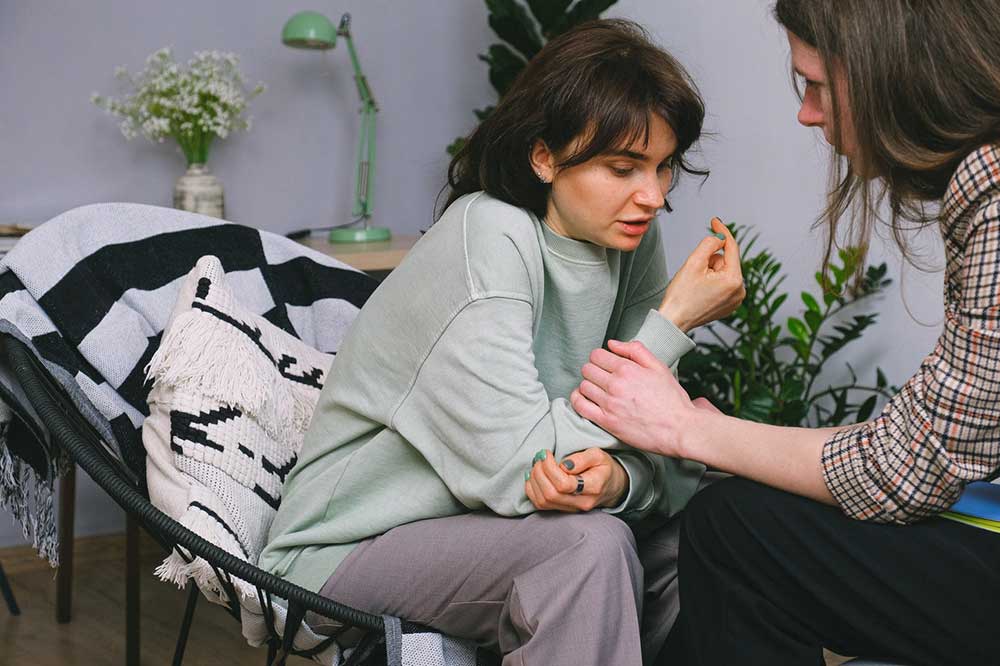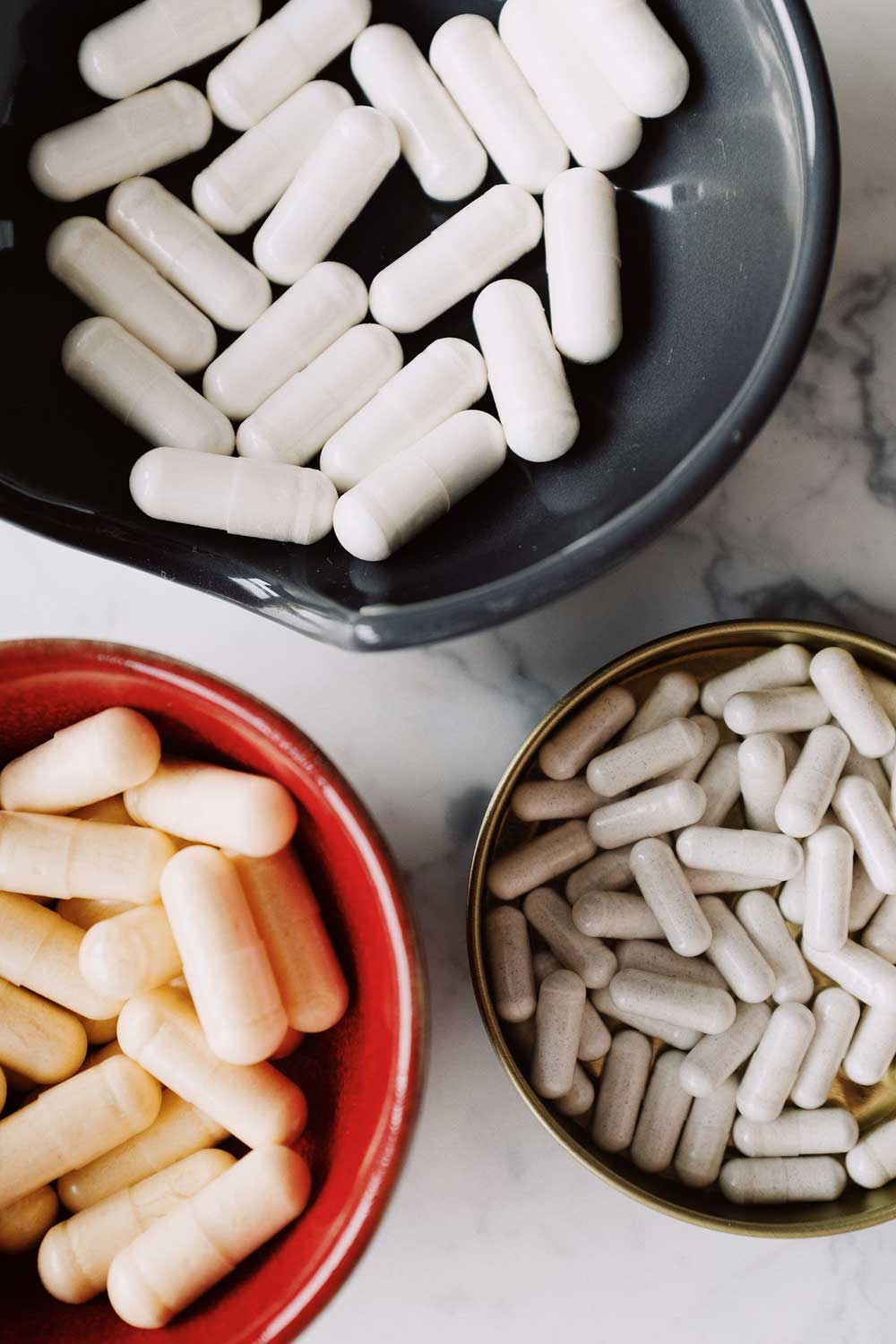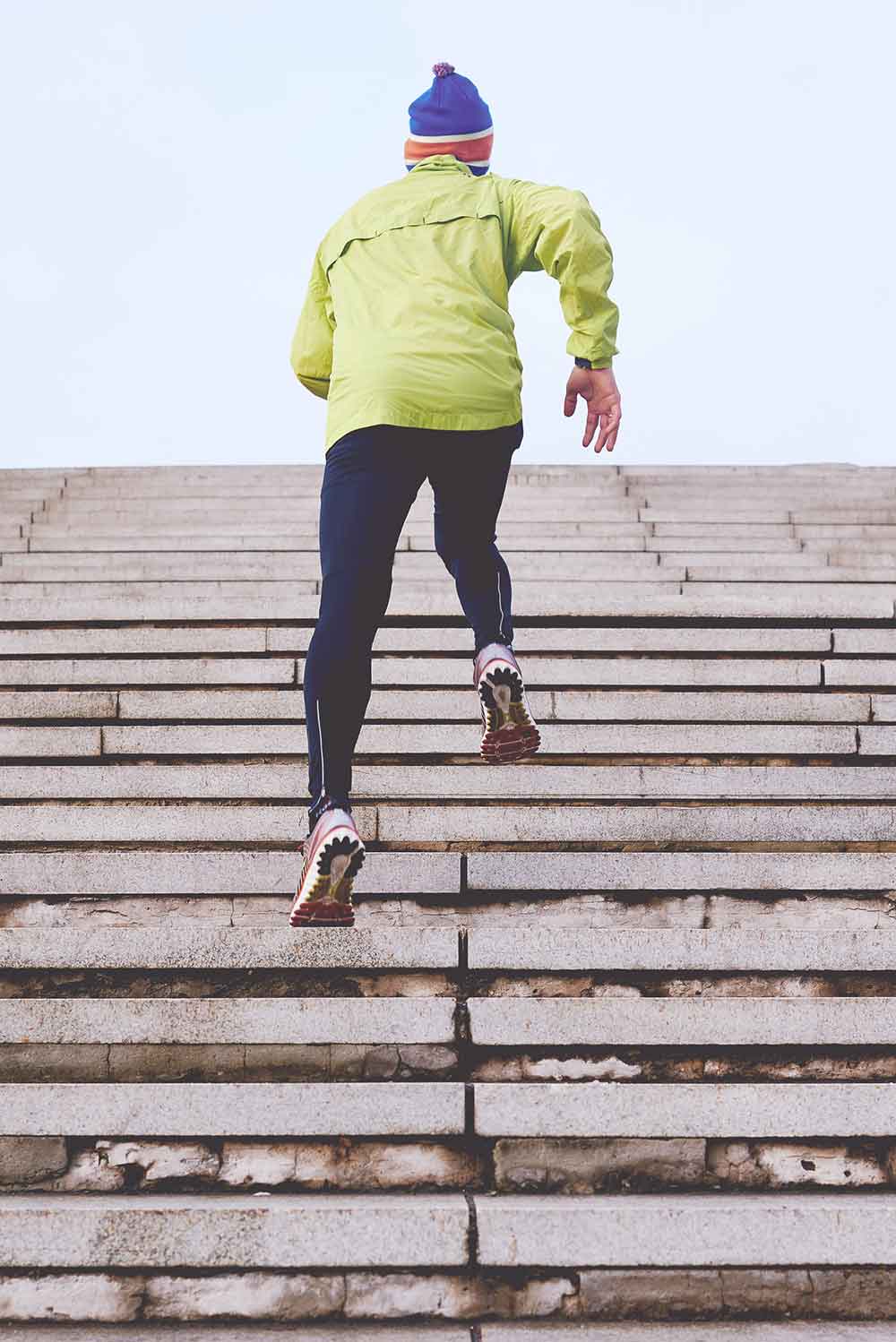Anxiety is a natural response to a situation, the body’s natural fight-or-flight response, which is activated when you feel intimidated, under pressure, or confronted with a difficult circumstance, such as a business meeting, test, or first date. However, anxiety is not always a bad thing in moderation. It can help you stay awake and concentrated, encourage you to take action, and keep you attentive and focused.
Suppose your anxiety is continuous or overpowering, and your concerns and fears interfere with your relationships and everyday life. In that case, you have passed the limit into the anxiety disorder region. According to the National Institute of Mental Health, 31.1 % of all individuals in the United States may suffer from anxiety at some stage of life. (1)
One person may have unpredictably severe anxiety attacks, while another becomes anxious about mixing at a party. Someone else may have a crippling dread of driving or be plagued by runaway, intrusive thoughts.
What is an Anxiety Attack?
Anxiety attacks, sometimes called panic attacks, are bouts of extreme dread or panic. (2) They generally happen out of nowhere and without notice. Sometimes there is a clear trigger like getting locked in an elevator, for instance, or thinking about a major speech you have to deliver, while other times, the attacks strike spontaneously.
Anxiety attacks rarely last more than 30 minutes and typically peak within 10 minutes. (3) However, you may experience such intense dread during that brief period that you feel like you are about to expire or lose all control. Many people mistakenly believe they are suffering a heart attack due to physical symptoms. After an anxiety attack, you can be concerned about having another one, especially if you are in a public area where aid is not readily available, or you cannot simply flee.
While most of us experience anxiety at some point in our lives, this is not the same as having an anxiety attack or disorder. Nervousness, anxiety, and fear are all common emotions with documented causes. However, the symptoms of a full-fledged anxiety attack, such as chest discomfort, flushed skin, racing heart, and breathlessness, can make you feel as if you are about to pass out, lose your mind, or end up dying. (4) The truth is that you won’t.
Panic attacks are relatively frequent, according to one report, with approximately 13 % of individuals experiencing it once in their lifetime. (5) Although no one can anticipate when a panic attack will strike, having a plan in place for what to do if one does strike can help a person feel more in control and make panic attacks easier to handle.
The best way to survive or prevent anxiety attacks is to understand everything you can about them and practice the techniques you need to get through them.
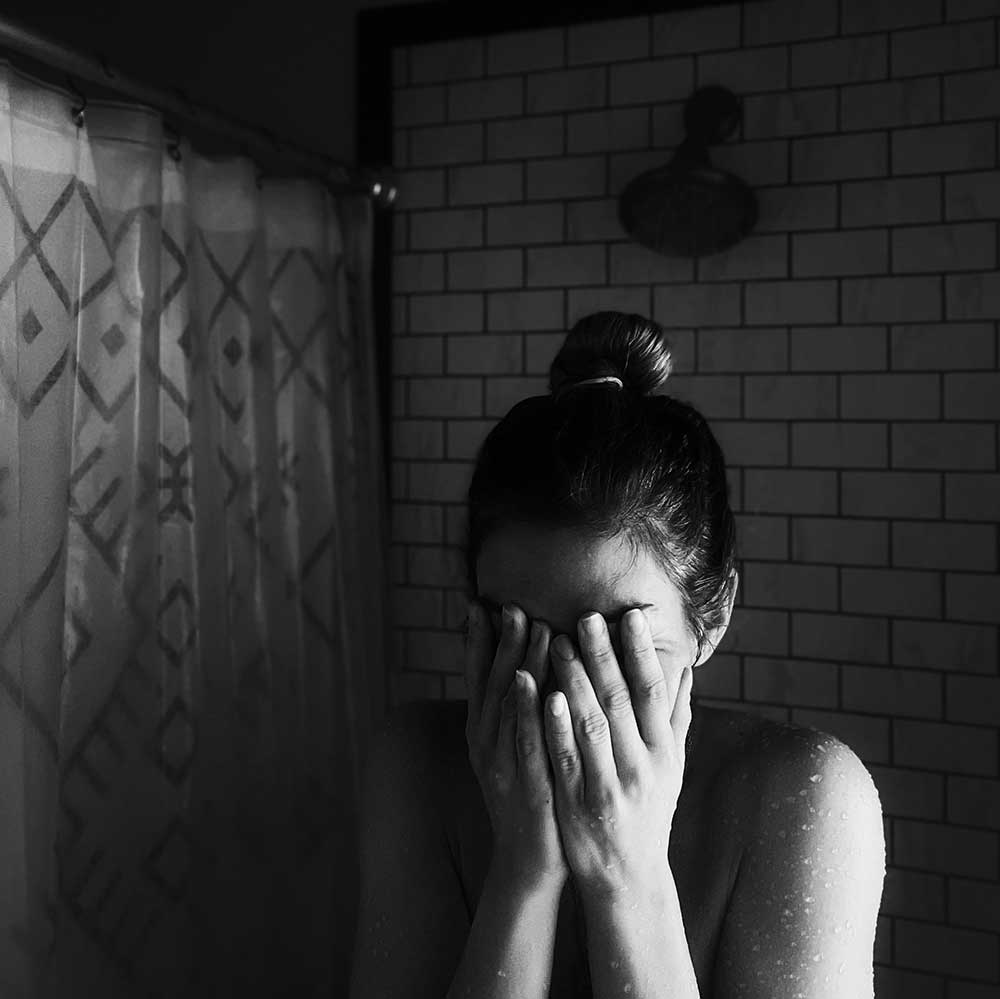
Symptoms of Anxiety Attack
Anxiety attacks usually strike unexpectedly and without indication. They may happen at any moment, whether you are driving a car, shopping at the mall, sleeping, or in the middle of a business meeting. You may experience an anxiety attack now and then, or it may recur regularly. They come in various forms, but symptoms generally peak within minutes. After an attack, you may feel exhausted.
- Anxiety attacks commonly include some of the following signs or symptoms:
- The surge of overwhelming panic.
- The feeling of losing control or going crazy.
- Heart palpitations or chest discomfort.
- Feeling like you’re going to pass out.
- Trouble breathing or choking sensation.
- Hyperventilation.
- Hot flashes or chills.
- Trembling or shaking.
- Nausea or stomach cramps.
- Feeling disconnected or unreal.
- Dizziness, lightheadedness, or faintness.
- Numbness or tingling sensation.
What Causes Anxiety Attack?
The causes of anxiety attacks are not entirely established. However, panic disorder has been related to genetics, according to research. (6) It has also been associated with considerable life changes. Major life transitions such as leaving for college, getting married, or having your first kid can all cause stress and contribute to the emergence of panic attacks.
It is believed that there are associations between anxiety attacks and melancholic depression, alcohol abuse, cigarette smoking, seasonal affective disorder, a type of depression that happens in winter, or anxiety attacks might appear as a symptom of preexisting mental health conditions such as post-traumatic stress disorder (PTSD), acute stress disorder, etc.
Although the causes of panic disorder are unknown, knowledge regarding the condition suggests that some populations are more prone to get it. According to the National Institute of Mental Health, males are twice as likely to suffer from an anxiety attack. (7)
Risk Factors
Researchers are finding that both hereditary and environmental variables contribute to the likelihood of suffering from an anxiety attack. Although the risk factors might vary, some basic risk factors usually involve:
- Shyness or behavioral inhibition is a temperamental characteristic in childhood.
- Early childhood or adulthood vulnerability to traumatic and unpleasant life or environmental experiences.
- Biological relations with a history of anxiety or other mental disorders.
- Some physical health issues, such as thyroid difficulties, cardiac arrhythmias, and caffeine and other substances/medications, can cause or exacerbate anxiety symptoms; a physical health assessment can help.
Treatment for Anxiety Attack
Psychotherapy, medicine, or a combination of the two is commonly used to help with anxiety attacks by treating the causes behind them. It may be treated in various ways, and patients should consult with their doctor to determine which option is best for them.
Psychotherapy
People who suffer from anxiety attacks might benefit from psychotherapy, often known as talk therapy. Psychotherapy must be focused on the person’s unique concerns and adapted to his or her requirements to be effective.
Cognitive Behavioral Therapy
Cognitive Behavioral Therapy (CBT) is one kind of psychotherapy that can help persons suffering from anxiety problems. It teaches people how to think, behave, and react differently to anxiety-inducing and scary stimuli and circumstances. CBT can also assist patients in learning and practicing social skills, which is critical in treating social anxiety disorder.
Cognitive therapy and exposure treatment are two CBT approaches frequently used to treat social anxiety disorder, together or separately. Cognitive therapy aims to uncover, challenge, and ultimately neutralize harmful or erroneous ideas that underpin anxiety disorders. (8)
Exposure treatment focuses on addressing the concerns that drive an anxiety disorder to enable patients to engage in previously avoided activities. Exposure therapy is occasionally used in conjunction with relaxation techniques and visualization. CBT can be done individually or with a group of persons who are experiencing similar problems. Homework is frequently provided for participants to do amid sessions.
Medication
A psychiatrist or primary care practitioner administers anxiety medication. Some states also permit specialized training psychologists to prescribe psychiatric medicines. Anti-anxiety medicines (such as benzodiazepines), antidepressants, and beta-blockers are the most often used pharmaceuticals to treat anxiety.
Anti-anxiety Medications
Anxiety, panic attacks, and severe dread and concern can all be alleviated with anti-anxiety medicines. Benzodiazepines are the most often used anti-anxiety medicines. Although benzodiazepines are occasionally recommended as first-line therapies for GAD, they offer advantages and disadvantages. (9)
Benzodiazepines have the advantage of being more effective in relieving anxiety and acting faster than antidepressant drugs, which are frequently recommended for anxiety. However, one disadvantage of benzodiazepines is that people might develop a tolerance to them over time, requiring greater and higher dosages to get the same benefit.
When people stop using benzodiazepines abruptly, they may have withdrawal effects, or their anxiety may reappear. As a result, benzodiazepines should be gradually weaned off. When you and your doctor have determined it is time to discontinue the medication, the doctor will work with you to slowly and carefully reduce your dose.
For long-term usage, benzodiazepines are frequently regarded as a second-line treatment for anxiety. In contrast, antidepressants are regarded as a first-line treatment and an as-needed medication for any unpleasant burst of symptoms.
Buspirone is a distinct type of anti-anxiety drug. Buspirone is a non-benzodiazepine drug used to treat persistent anxiety; however, it does not work for everyone. (10)
Antidepressants
Antidepressants are commonly used to treat depression but can also assist with anxiety attacks. In addition, they may aid in improving your brain’s utilization of specific chemicals that regulate mood or stress. You may need to try many antidepressant medications before finding one that relieves your symptoms without causing side effects. A medicine that has previously helped you or a close family member should frequently be considered.
Anxiety is often treated with antidepressants known as selective serotonin reuptake inhibitors (SSRIs) (11) and serotonin-norepinephrine reuptake inhibitors (SNRIs) (12). Older antidepressants, such as tricyclic antidepressants and monoamine oxidase inhibitors (13), are less widely used yet effective therapies for anxiety disorders.
If you start taking antidepressants, do not discontinue them without consulting a doctor. When you and your doctor have determined it is time to discontinue the medication, the doctor will work with you to gradually and safely lower your dose. Stopping them suddenly might result in withdrawal symptoms.
Beta-Blockers
Though beta-blockers are most commonly used to treat hypertension, they can also be used to assist in reducing physical symptoms of anxiety attacks such as racing heart, shivering, trembling, and flushing. When used for a short time, these medicines can help patients keep physical symptoms under control. They can also decrease acute anxiety as needed, including as a preventative intervention for some identifiable aspects of performance and relationship anxiety. (14)
How to Cope with Anxiety Attack?
Here are some techniques for regaining control and reducing the symptoms of an anxiety attack.
Know that it will pass
During a panic attack, it might be helpful to realize that these sensations will pass and will do no physical injury, no matter how frightening they may feel at the moment. Remember that this is a fleeting moment of intense anxiety that will pass quickly. Anxiety attacks often peak in intensity within 10 minutes after commencement, after which the symptoms fade.
Practice Slow and Deep Breathing
Deep breathing can help you handle an anxiety attack. (15) Anxiety attacks can result in fast breathing, while chest tension can induce shallow breathing. Unfortunately, this style of breathing might exacerbate anxiety and stress.
Instead, attempt to breathe slowly and deeply, focusing on each inhalation and exhalation. Breathe deeply from the belly, slowly and gradually filling the lungs while counting to four on both the inhale and exhale. People can also experiment with 4-7-8 breathing or calming breath. This technique involves inhaling for 4 seconds, holding the breath for 7 seconds, then exhaling gently for 8 seconds. (16)
It is worth mentioning that deep breathing might exacerbate anxiety attacks in certain persons. In these instances, the individual should try to focus on something they like doing instead.
Challenge and Beat your Negative Thoughts
Consider your thoughts and write them down to see whether they make sense. In tense situations, our thoughts are frequently skewed and must be questioned. As a result, it may be a good idea to stop the habitual negative thinking that makes us unpleasant.
According to research, automatic negative thoughts are significantly linked to psychological distress. (17) This implies that thinking of such ideas might create uneasiness, panic, and worry. You can better regulate your responses if you learn to recognize and replace such pessimistic ideas with more positive, realistic ones.
Use of Some Object
Focusing on something physical in their surroundings might help them feel grounded when they are overburdened by thoughts , emotions, or recollections disturbing thou. Concentrating on one stimulus can diminish the impact of other stimuli. As the individual examines the object, they may consider how it feels, who produced it, and what form it is. This method can help alleviate the symptoms of an anxiety attack.
If the individual suffers from repeated anxiety attacks, they can take a certain familiar object. This object could be anything like anxiety bracelets, hair clips, fidget toys for anxiety, etc.
Muscle Relaxation Techniques
Muscle stiffness is another sign of panic attacks. Muscle relaxation exercises might assist in minimizing an attack. If the mind perceives that the body is relaxing, additional symptoms, such as fast breathing, may subside.
Progressive muscle relaxation is a popular approach for dealing with anxiety and panic episodes. (18) This entails tensing and then releasing several muscles in sequence. To accomplish this, keep the strain for 5 seconds, then relax as you relax the muscle for 10 seconds before continuing to the next muscle.
Utilize 5-4-3-2-1 Method
The 5-4-3-2-1 approach is both a grounding technique and a mindfulness practice. (19) It helps divert the person’s attention away from stress causes.
To utilize this approach, the user should take their time and go through each of the following steps:
- Examine five different items. Consider each one for a few moments.
- Look for four distinct noises. Consider where they come from and what distinguishes them.
- Touch three objects. Evaluate their texture, temperature, and intended usage.
- Recognize two distinct odors. This might be the odor of your coffee, soap, or washing detergent on your clothes.
- Next, identify one item you can taste. Take note of whatever flavor is in your mouth.
Exercise
Walking can assist a person in getting away from a stressful situation, and the regularity of walking can help them control their breathing. Moving about releases endorphins, which calm the body and boost mood. Regular exercise can help reduce anxiety over time, potentially reducing the amount or severity of anxiety attacks. (20)
Seek Help
While self-help coping methods can be instrumental, it is critical to seek professional treatment if your worries, anxieties, or anxiety attacks have gotten so severe that they are causing considerable discomfort or interrupting your routine.
Keep in mind that you are not alone in this. Talk to the individuals you trust around you. If you have a lot of physical complaints, you should start with a medical checkup. Your doctor can ensure that your anxiety is not caused by a medical issue such as a thyroid disorder, hypoglycemia, or asthma.
You may also consider psychotherapies such as CBT and EMDR, which are highly useful in treating anxiety episodes.
Conclusion
When panic or anxiety strikes, make sure to focus on some of the methods that could help you regulate your symptoms. Slow down your breathing and take deep breaths from your abdomen. Do not flee from your problems. Instead, acknowledge them and work your way through them. Think about starting little and gradually confronting the roots of your worry. Also, keep an eye on your thoughts and question them.
Although self-help techniques might be effective, you do not have to go it alone. Discuss your anxiousness with your doctor or mental health professional. Therapy and medication might also assist you in managing your anxiety attacks and improving your mental health.
